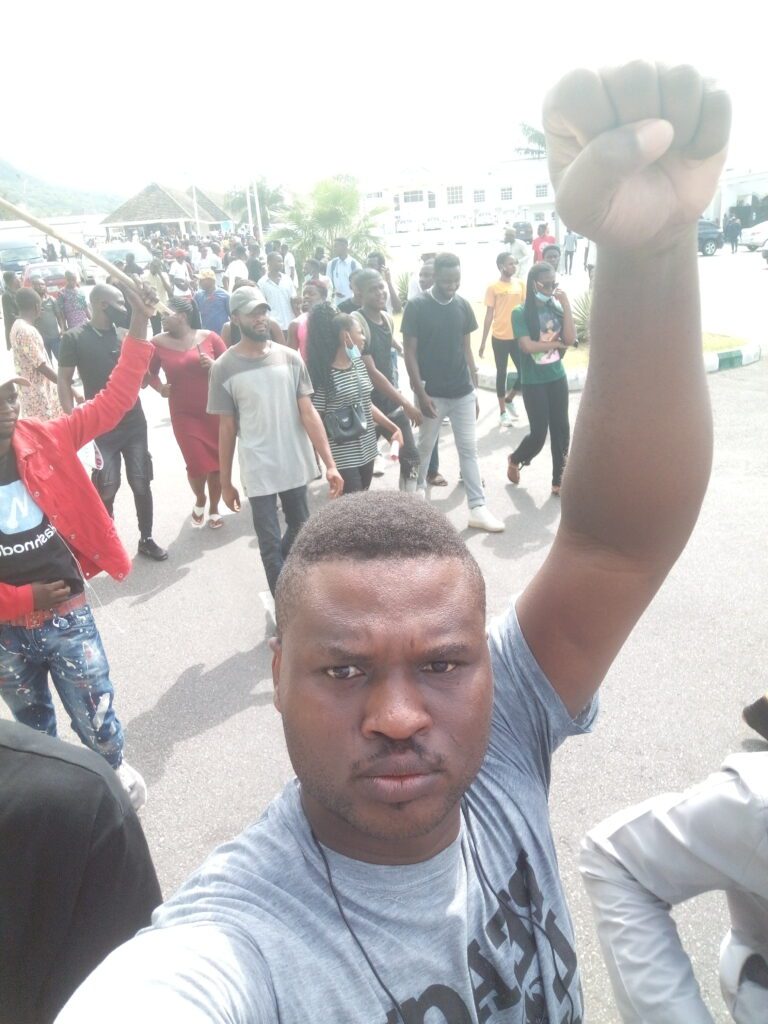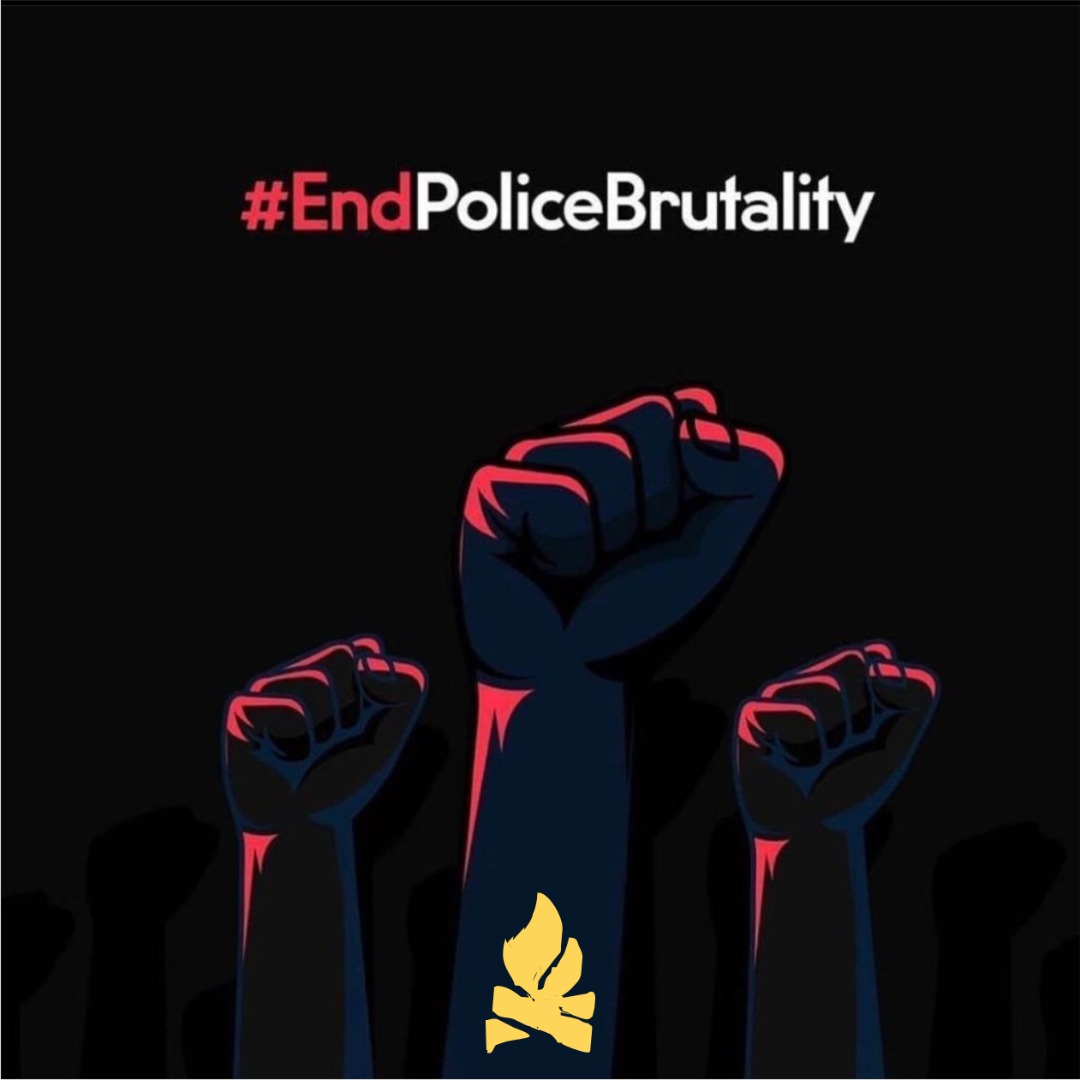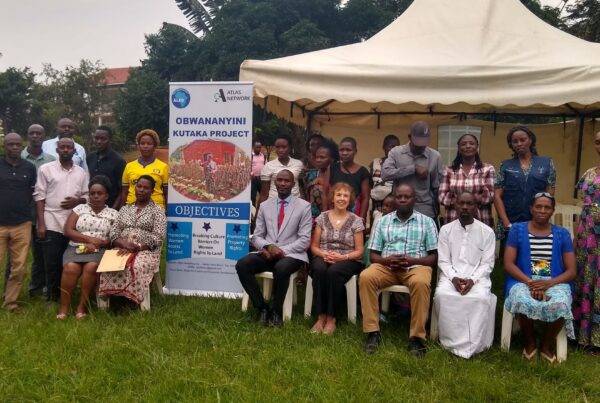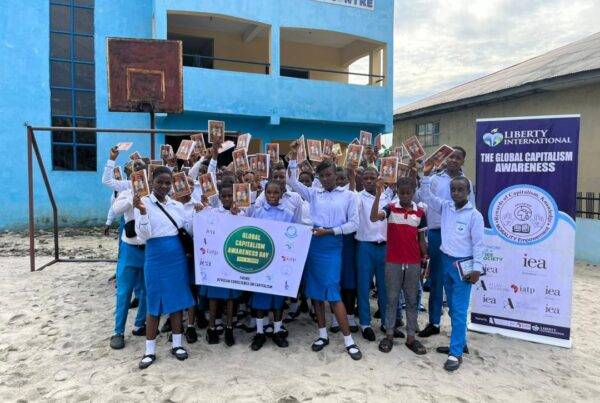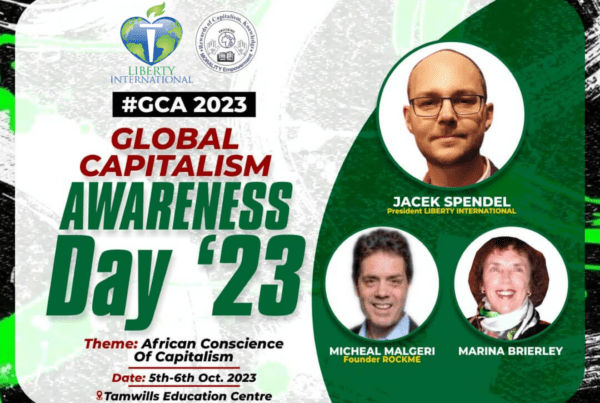By Sanni Johnson
What started as a peaceful protest in Nigeria, unfortunately, ended in a bloody showdown between the Nigerian Armed Forces and unarmed youths. Many lives were lost in the demonstration, especially at the Lekki Toll gate where the Nigerian Military has been accused of shooting indiscriminately at the protesters who defied a curfew imposed by the Lagos state government. What went wrong? Could this have been averted? And is Nigerian Democracy under threat, or has it never existed? To answer these questions, we have to go back to how all this began.
On October 2nd, the Nigerians, mostly youths, trooped out to the street in demand of a scrap of a special unit of the Nigerian Police Force known as Special Anti-Robbery Squad (SARS). The special squad is meant to tackle violent crimes like robbery, kidnapping, and banditry. Unfortunately, the citizens have accused the unit of perpetuating the crimes it is meant to fight.
Reports from victims implicate SARS of harassing anyone who uses a nice phone, drives a nice car, or wears nice clothes because the discretional intuition of SARS interprets using nice stuff to mean cybercrime. They demand huge sums from their victims and threaten to kill those who refuse their demands claiming their rights.
The #ENDSARS protest can be dated back to 2017 when Nigerians started sharing their experiences on SARS brutality. The hashtag was to drag the attention of the Nigerian government to scrap the unit, and more than three times the authority has either proclaimed the unit dissolved or reformed, but it would seem this Hydra always has another head ever ready to read itself.
From Unpleasant Beginning
In 1992, Special Anti-Robbery Squad (SARS) was formed as a special unit to tackle excessively violent crimes that were rampant in the country at the time. This new squad operated discreetly to investigate and nab perpetrators. Most of its success is credited to this mode of operation. But its success would soon be tainted with reports of extrajudicial killings, illegal arrests, and brutal torture of innocent citizens.
In 1995, two university students, Bola Afilaka and Ayodele Adejuyibe met their demise while being chased by SARS because the former had refused to stop at a checkpoint. Again in 1999, a man accused of stealing a car was tortured to death in a SARS barrack.
As the brutal act of SARS grew against non-violent crimes, it was unknown to Nigerian that the emergence of cybercrime would soon escalate the situation. In the early 2000s, though the special squad was to fight special violent crimes, cybercrime is at the top list of the crimes it attends to. And their checkpoints would be to inspect people’s laptops and phones—using an iPhone is an unpleasant disadvantage. At gunpoint and the threat of detention and torture, people are at mercy of submitting their passwords.
Sooner, the members of SARS would turn around their mode of operation from fighting crimes to committing crimes; with guns in their hands, extorting young Nigerians becomes easy. Every youth wearing or using nice stuff becomes suspect of cyber fraud who would not be prosecuted but threatened and frightened to either pay ransom or risk death. These threats are not to be taken lightly.
Disbandment and Reforms
On October 11th, 2020, amid the tensed protest that called for the end of SARS, the Nigerian Police through the Inspector General announced the disbandment of the unit. But despite this notice, the protesters had remained adamant about their demands and had refused to leave the streets. Their adamance is understandable; this is not the first time the Nigerian government would announce the disbandment of the unit.
In 2017, following the outcry across the nation, former Inspector General of Police, Ibrahim Idris ordered the “reorganization” of SARS. However, subsequent complaints against the reorganized SARS, proved that reorganization was futile, in 2018, the Nigerian Acting President, Yemi Osinbajo ordered the “overhaul” of the police unit against the allegations of human rights abuse. Just like the previous attempt, however, the new overhaul approach yielded no positive result. Then in 2019, the new IGP ordered the disbandment of SARS. Once again, despite the pronouncement, SARS officials were still found on the streets and at checkpoints perpetuating their acts just as usual. This time, protestors, therefore, demanded more than an “audio ban” considering the history of distrust already established by the government.
Protest Highjacked
The peaceful protests devolved into anarchy after two weeks when hoodlums appeared at protest venues. Their purposes; to attack public property and blame it on protesters, and to disrupt the protest by attacking the protesters. These thugs were allegedly hired by politicians since they are known to disrupt elections for politicians. Also, video evidence showed thugs commuting in official vehicles as they organized and carried out their carnage. Though the actions of these thugs were curtailed in some areas where the protesters were vigilant, the government has already found an excuse to direct its terror towards the way of the protesters.
On October 20 Lagos State imposed a 24-hour curfew banning protests or movement of any kind in the state. However, the protesters remained undaunted. Supposing the government was devising means to suppress them unduly, they defied the curfew order and it is at this point that all went awry. Shortly before 7 pm on the said date, protesters were still at Lekki toll gate in their thousands. Abruptly, the Nigerian Army appeared at the scene and started shooting. What happened that evening has been termed by Amnesty International as the “extrajudicial execution” which resulted in the death of 12 people and several injured.
Human rights groups like Amnesty International have condemned the act of the Nigerian military, and foreign government like the United States has criticized the government for attacking the protesters.
Though the government has constituted judicial panels for different states to investigate police brutality, the hope of Nigerians to bring about total reform of the Nigerian Police Force through the protest has been crashed. At least for now.
Every citizen has a right to voice out and demonstrate against government actions contrary to its responsibility, or any government policy which implementation directly affects his freedom. The brutal act of SARS is against the right of Nigerians to life, property, privacy, and independent reason. With October 20 massacre that happened in the country, the Nigerian government has proved itself to be one of the dictatorship regimes the world is praying to end.
